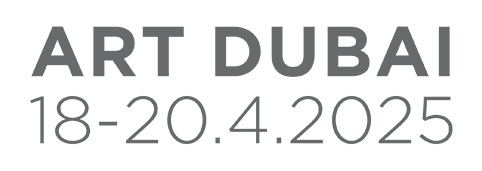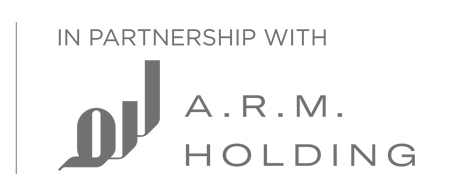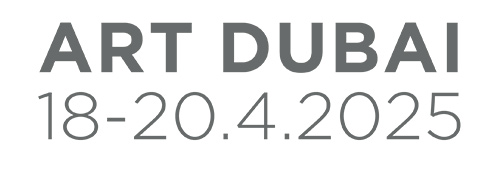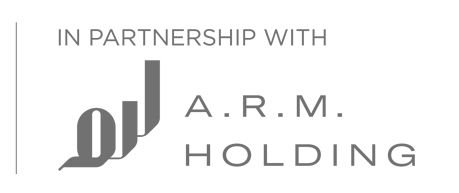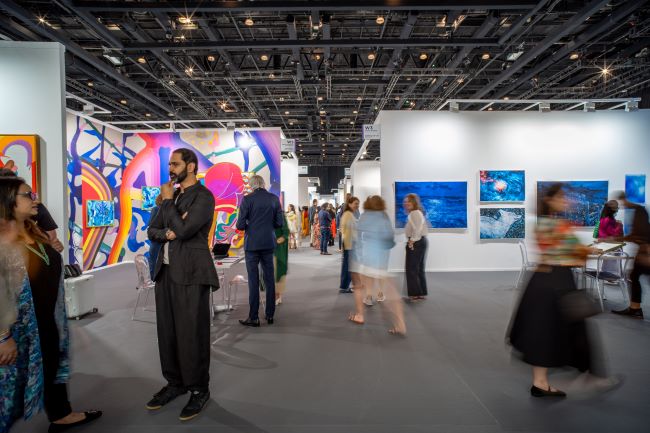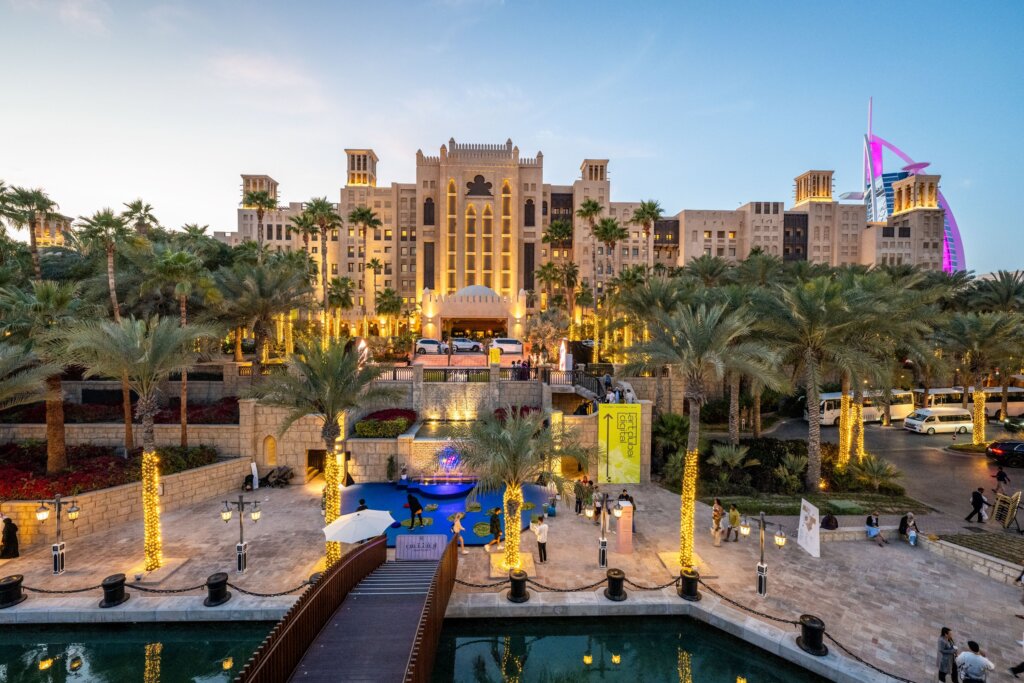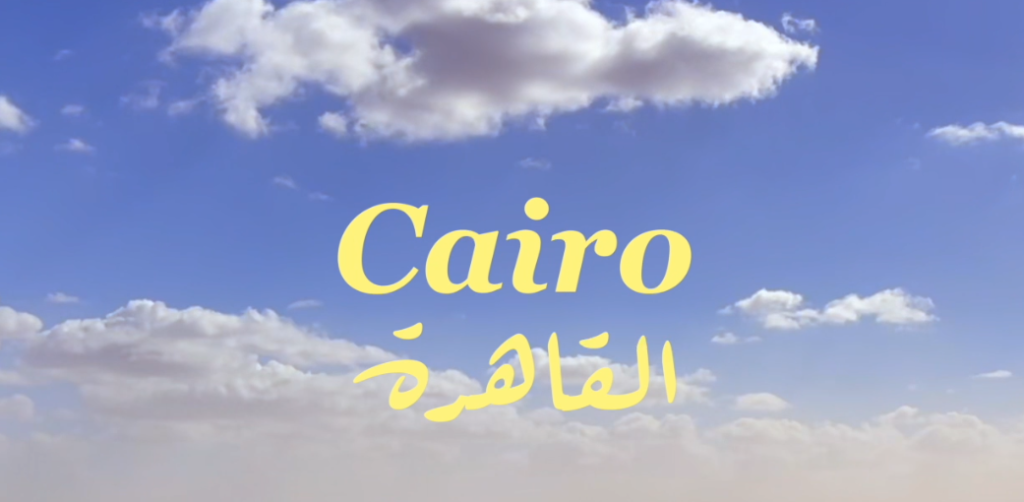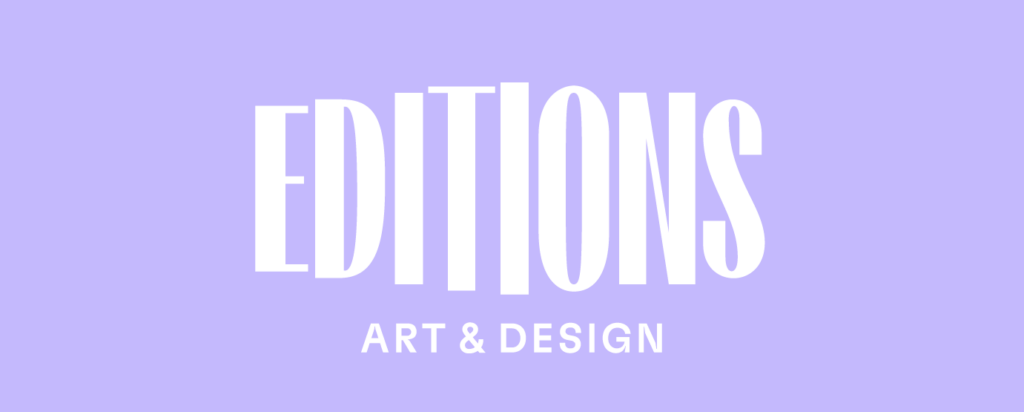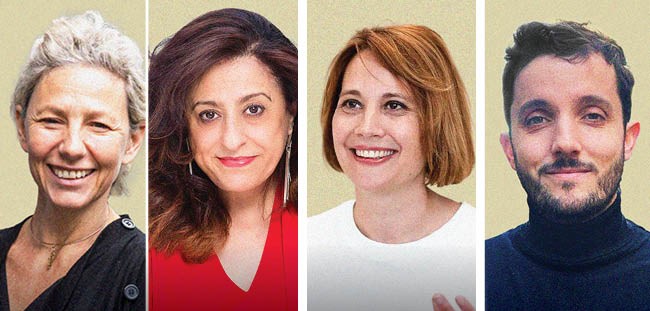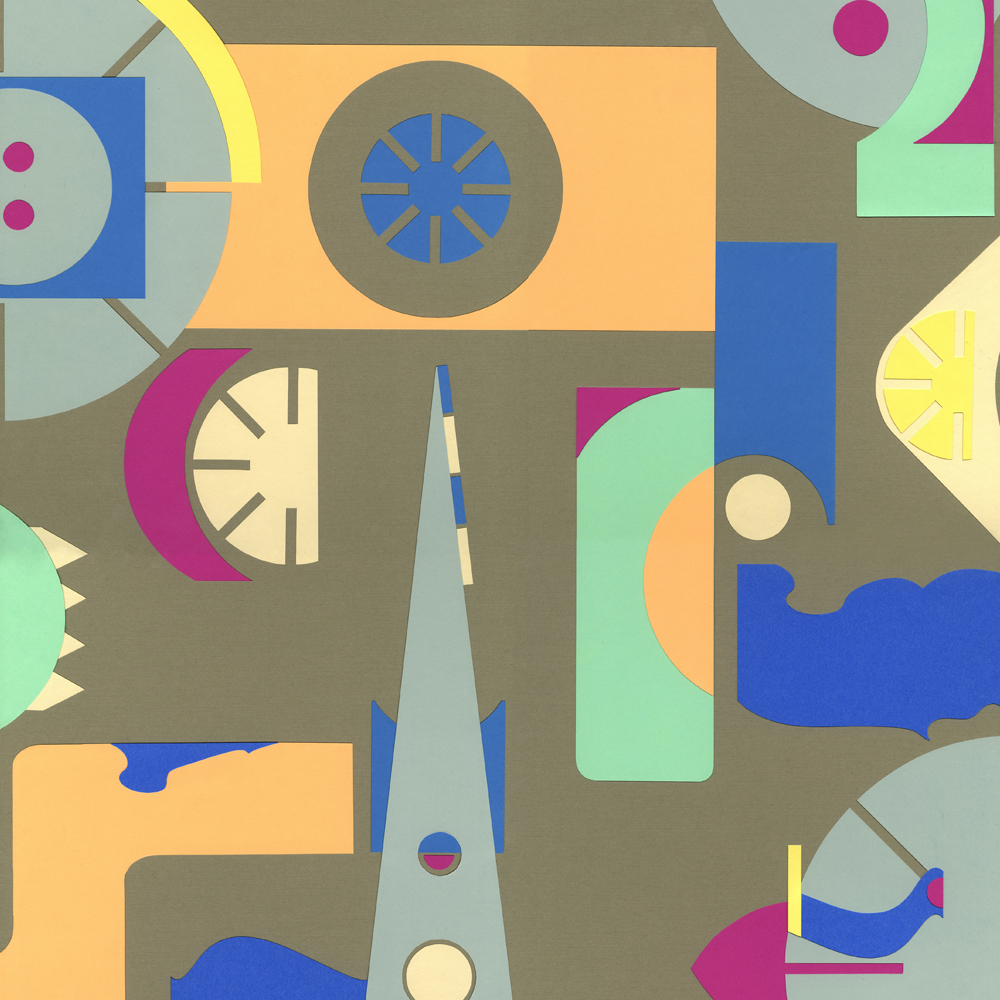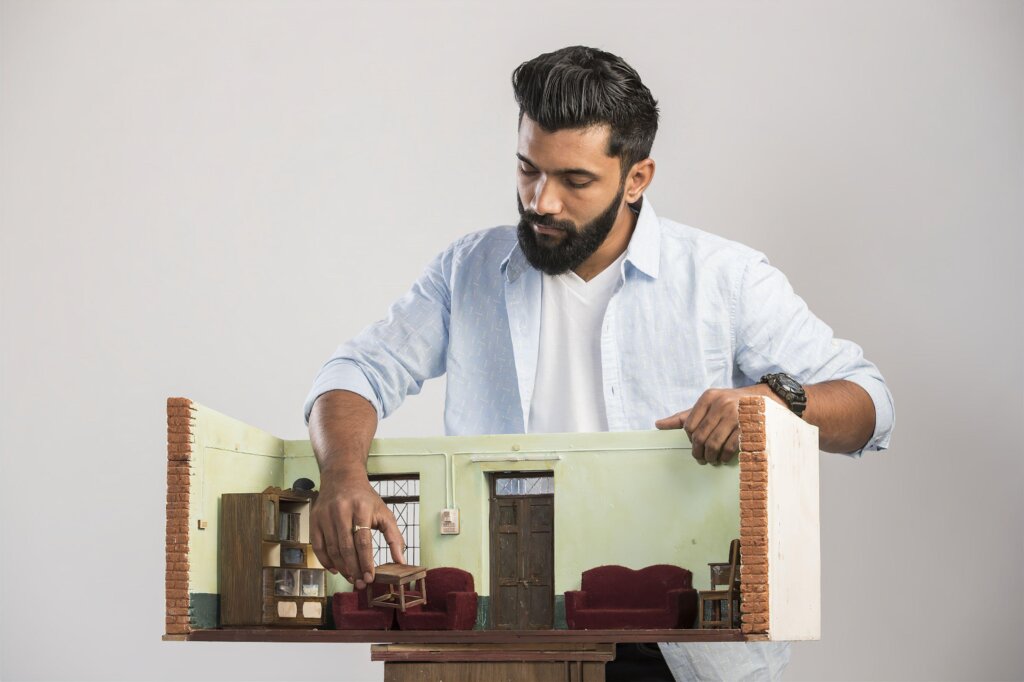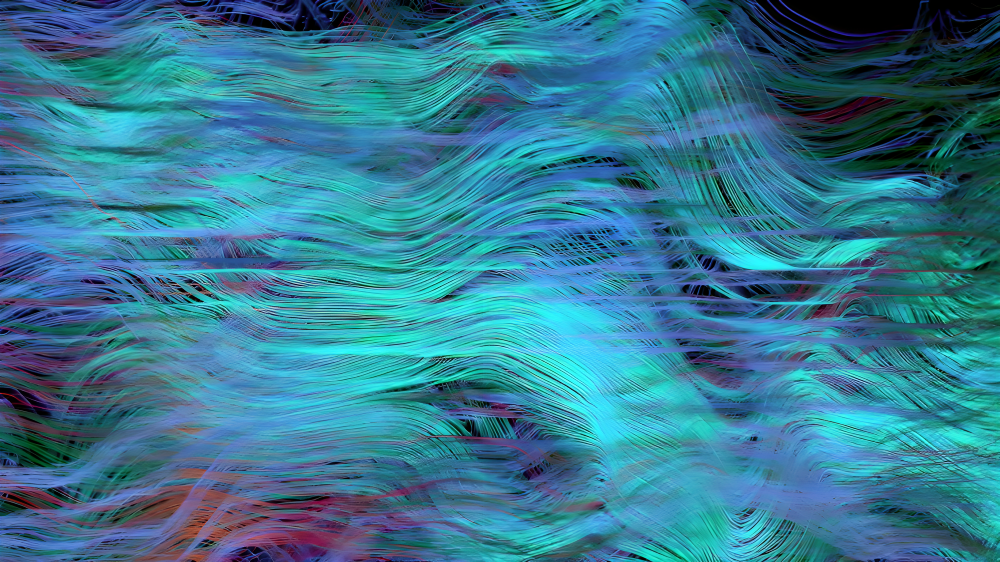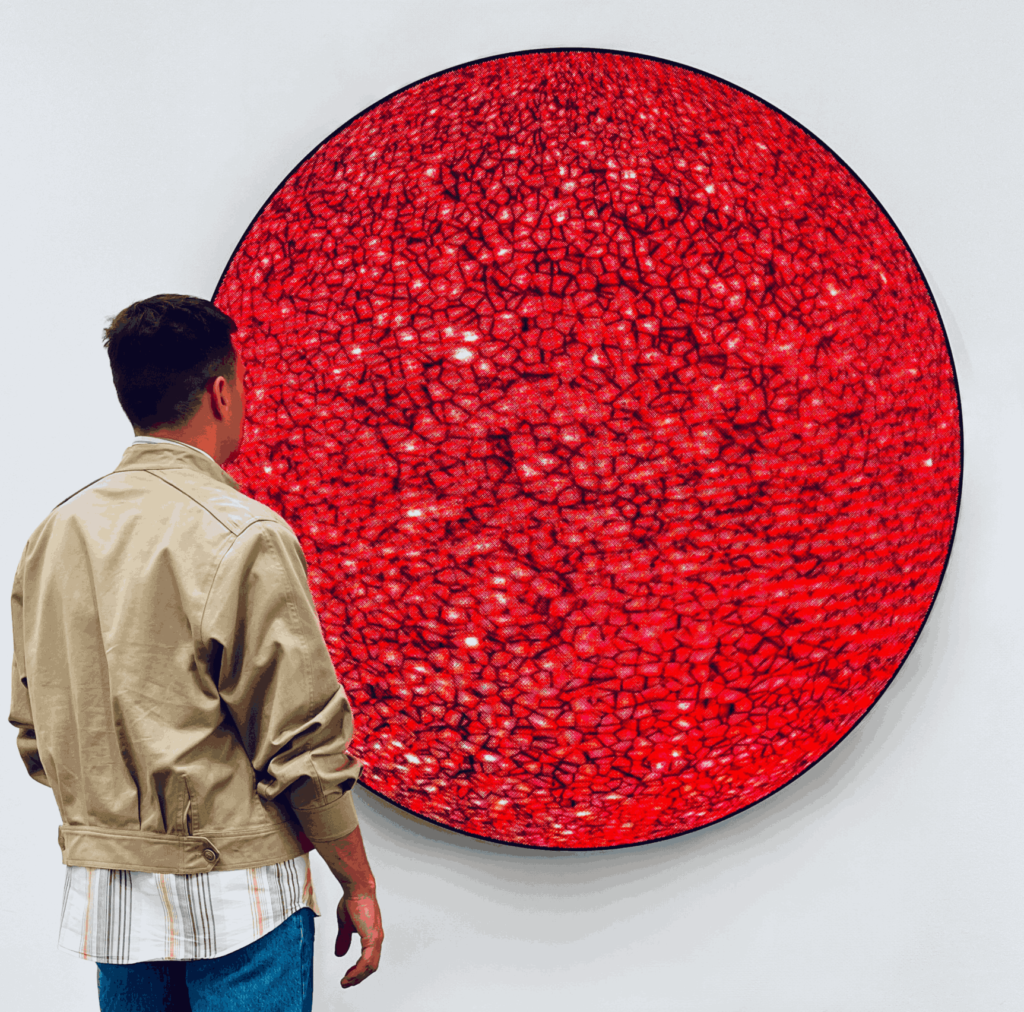4 Questions with Marlies Wirth
‘I Am Not A Robot’- the theme for the 12th edition of The Global Art Forum, focuses on power, paranoia, and the potentials of automation. Ahead of the transdisciplinary summit, the Art Dubai Blog explores the implications of automation, through the words and thoughts of some of this year’s contributors.
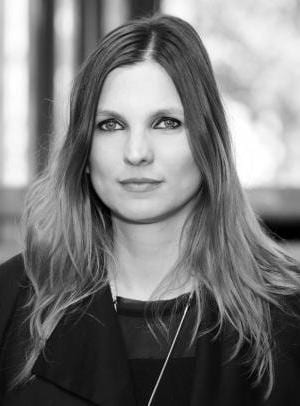
Maries Wirth is a curator and art historian based in Vienna, Austria. With a background in contemporary art she has been active at the MAK – the Austrian Museum of Applied Arts / Contemporary Art in Vienna, since 2006, where she has worked closely with MAK Center for Art and Architecture, Los Angeles and was appointed curator in 2009. She was recently named Curator of Digital Culture & Design Collection at the MAK. She curates exhibitions, programmes and discursive events in the fields of art, design, architecture, media and technology, and has had a key role in the programming of VIENNA BIENNALE 2017
1. What aspects of the automated future excite you? What aspects worry or scare you?
Many of the utopian or dystopian narratives of the 20th and 21st centuries develop scenarios of societies shaped by technology as a tool for control and surveillance, their ‘humanness’ ultimately utterly convulsed. Algorithms and filter bubbles enable the burgeoning of power grabs and manipulation of the masses through supranational organisational structures that preside over our utilisation of knowledge and technology.
In this year’s edition of the VIENNA BIENNALE titled “Robots. Work. Our Future” the MAK (in cooperation with our partner institutions in Vienna) has organised several exhibitions around the notion of ‘humanness’ and the future of human labour and work in an increasingly automated world.
While many of the recent developments are indeed worrisome, there is a lot of excitement when we start shaping our future and become more independent from wage labour while unleashing human creativity. When our utopias fail, we will have to start using the potential in our dystopias!
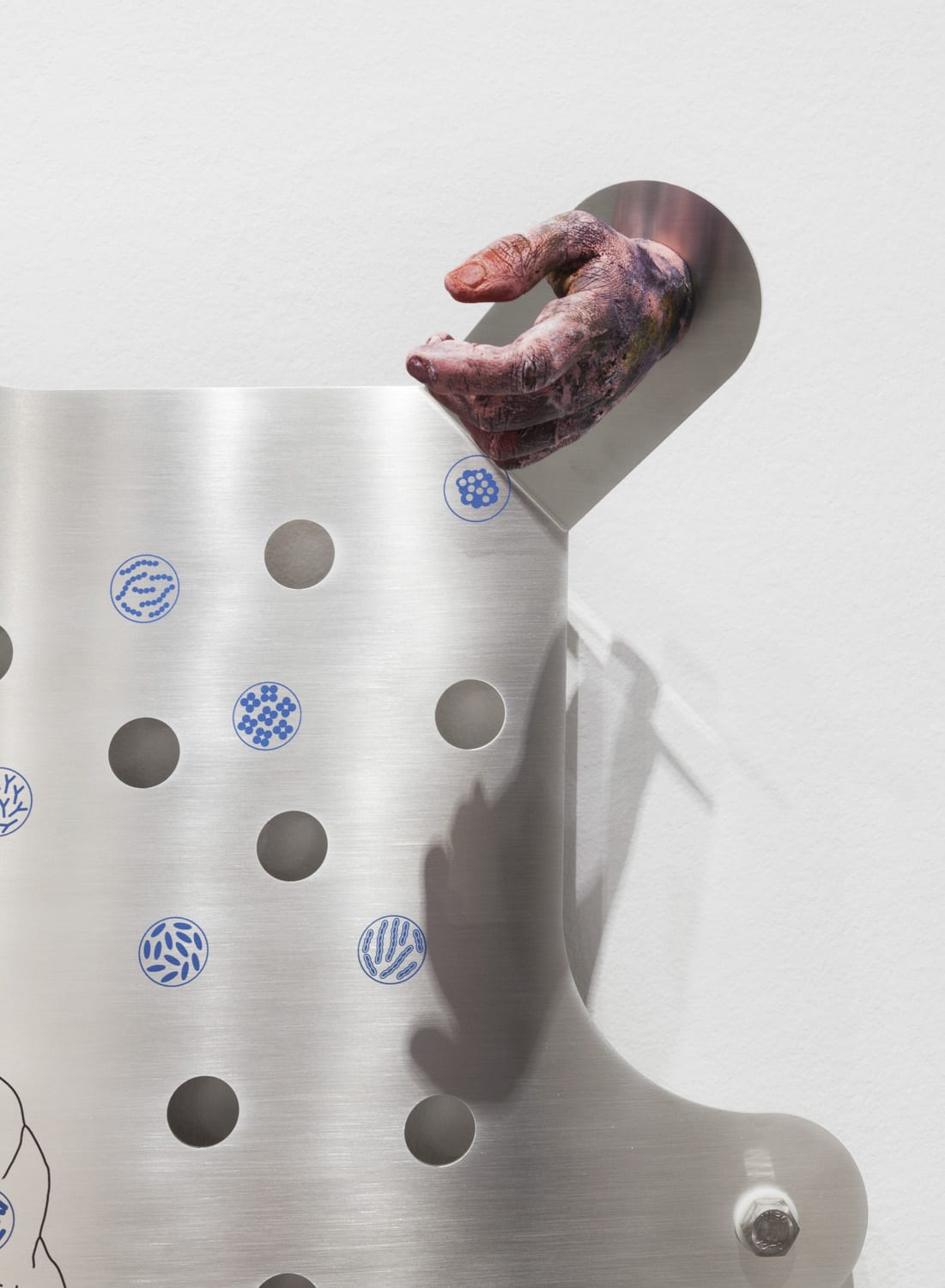
Image: ‘Modular Glyphic System‘, by Mariechen Danz in cooperation with Gengis Khan Fabrication Co. Aluminum with screen print. 2013/2017.
2. Google’s algorithms have started to deep dream, producing psychedelic images that Philip K. Dick would envy. How much longer have humans got on the monopoly of culture?
The thing is that it has yet to be proven if AI could hallucinate (without an organic body and brain!) – there is an interesting publication by Andrew Smart titled Beyond Zero and One – Machines, Psychodelics and Consciousness that poses the theory of the ‘Acid Turing Test’ to prove ‘real’ consciousness in machinic beings.
The more important question thus seems to be what our (human) understanding of ‘culture’ even entails?
The social chaos imagined through a rapid technological advance in the future provokes a desire for safety and order – fertile ground for totalitarian affluence utopias like Brave New World, created by science fiction author Aldous Huxley in 1932. In his science fiction film noir Alphaville (1965), Jean-Luc Godard portrays a fictitious society without feelings. Under the control of the supercomputer Alpha60, human emotions and concepts like love, tears, poetry, and failure are prohibited—they have become uncommunicable, there are no longer words to describe them.
Scenarios like these are the natural enemy of any notion of culture, human or non-human.
Huxley’s ‘old world’ is not purified; it is wild and raw, full of dangers and surprises. It embodies the idea of a world in which individuals can form a community without having to sacrifice their personal freedom for it. Imagination is the driving force of culture, which is inherently spiritual and ethical. Our self-perception as humans is not based on a universal history or one single possible view of the world.
Also, all human emotions are culturally imprinted; they are constructed on the basis of our unique personal history, psychology, physiology, and cultural environment. There is no cognitive memory that is not connected to feelings.
Altough the algorithm is currently the explanatory model for basically everything that exists (quoting the historian Yuval Harari: “Organisms are algorithms.”) I still think humans got a unique thing going with that fragile organic body of ours, combined with the incredible functions of the brain (forgetting! Suppression! The subconscious!) and our senses, let alone the range of emotions we humans can experience.
So maybe in regards to love and empathy we humans are still standing strong for culture!
3. What would your robot-clone name be?
I’d run by ‘Tears Whirl Mi’, one of the anagrams an algorithm came up with for my actual name – it does sound kind of cyber-Japanese.
4. Why are you not a robot?
I always pass the CAPTCHA* test!
* Completely Automated Public Turing Test To Tell Computers and Humans Apart.
